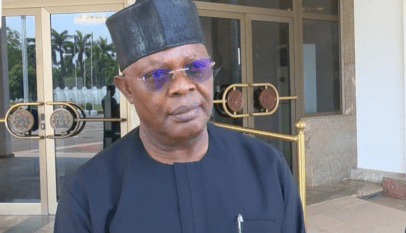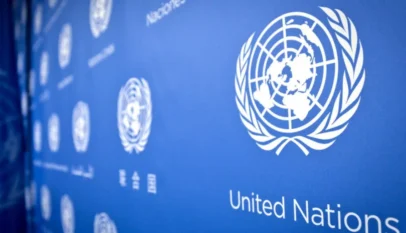
By Gabriel Efe
A memory often comes to mind—a moment that taught me much about leadership, freedom, and the weight of words. It was one of those situations where you know something must be addressed, but how you address it could make or break the outcome.
My team gradually developed a habit of arriving late to the office. Now, this was not your typical workplace. We thrived in an environment that encouraged innovation and self-management—a space where people were trusted to chart their course within acceptable norms. After all, too much regulation stifles creativity.
But then we encountered a challenge. Freedom was beginning to stretch into complacency, and we needed to draw a line that did not feel like a boundary but rather a gentle nudge back to the centre.
I had discussed the issue with the other project leads, and somehow, it fell to me to deliver the message. The challenge was clear: how do I convey the seriousness of the matter without undermining the atmosphere of trust and autonomy we had worked so hard to build?
So there I was, sitting in the project war room, waiting for the team to trickle in (ironically, late). My mind was running through every possible approach. Should I be direct? Diplomatic? Perhaps use a touch of humour? None of the options felt quite right, but I knew I had to get it done.
Once everyone had settled in, I took a deep breath and said the words that have since become a running joke on our team:
“Your penchant for ‘coming’ late is becoming legendary.”
For a split second, there was silence. And then, laughter erupted. It was not the reaction I expected, but it was exactly what I needed. The humour broke the ice, yet the weight of the message was not lost. The point hit home—not with a hammer, but with a smile.
Reflecting on that moment, I have often wondered how and why those words worked. They were not flashy or dramatic yet carried just the right mix of truth, humour, and clarity. They fit the situation perfectly, and because of that, they stuck.
Nugget: Sometimes, the power of our words lies not in their complexity but in their timing and tone. When we approach challenges with intention and keep our eyes on the bigger picture, we can inspire change without losing trust.


























